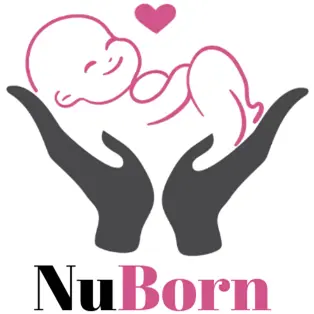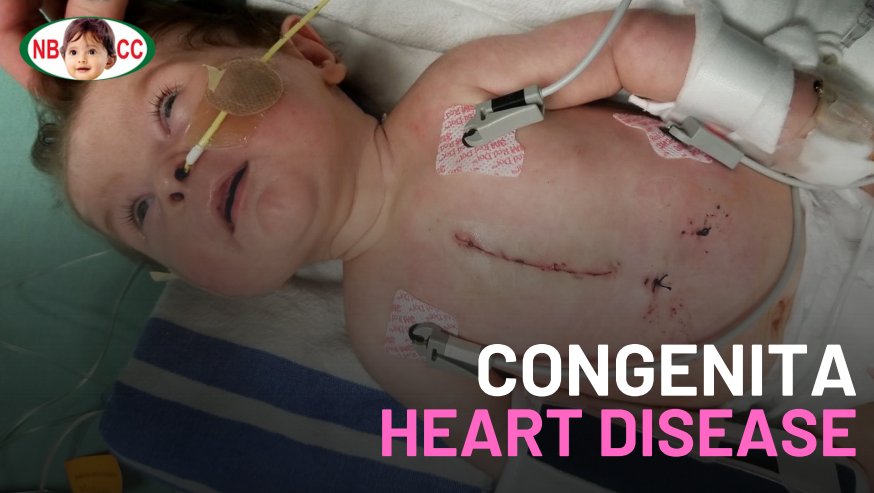Introduction:
The birth of a child is a moment filled with hope and joy. However, when a newborn is diagnosed with a congenital heart disease (CHD), the news can be overwhelming for parents. Congenital heart disease refers to structural abnormalities in the heart present at birth. These conditions can range from mild to severe, and critical cases require specialized care to ensure the well-being and recovery of these little hearts. In this blog post, we will explore the topic of congenital heart disease, shedding light on its impact and highlighting the significance of New Born Care Centers (NBCCs) in providing crucial care and support to infants with critical CHD.
Section 1: Understanding Congenital Heart Disease
1.1 Definition and Types of CHD:
Defining congenital heart disease and providing an overview of its various types will help readers grasp the complexity and diversity of these conditions. Discussing common CHDs such as atrial septal defect, ventricular septal defect, and tetralogy of Fallot will enhance understanding.
1.2 Causes and Risk Factors:
Exploring the potential causes and risk factors associated with CHD will shed light on the factors that contribute to the development of these heart abnormalities. Discussing genetic factors, maternal health conditions, and environmental influences will help raise awareness.
Section 2: Challenges Faced by Infants with Congenital Heart Disease
2.1 Physiological Impacts:
Congenital heart disease can affect the overall functioning of the heart, leading to challenges in oxygenation, circulation, and growth. Detailing the physiological impacts of CHD will help readers comprehend the specific health hurdles faced by infants with critical heart conditions.
2.2 Symptoms and Complications:
Highlighting the common symptoms and potential complications of CHD will provide insights into the signs that parents and healthcare professionals should watch for. This section can touch upon issues such as cyanosis, poor feeding, respiratory distress, and developmental delays.
2.3 Emotional and Psychological Impact on Parents:
A diagnosis of congenital heart disease can be emotionally devastating for parents. Discussing the emotional and psychological impact, including stress, anxiety, and grief, will help readers understand the immense challenges faced by families dealing with critical CHD cases.
Section 3: The Role of New Born Care Centers (NBCCs) in Critical Care
3.1 Specialized Medical Expertise:
NBCCs house specialized medical professionals, including pediatric cardiologists and cardiac surgeons, who possess the expertise needed to diagnose and treat congenital heart disease in newborns. Detailing the role of these professionals will highlight the specialized care provided by NBCCs.
3.2 Diagnostic Tools and Procedures:
NBCCs are equipped with advanced diagnostic tools and procedures to evaluate and monitor the condition of infants with CHD. Discussing techniques such as echocardiography, electrocardiography, and cardiac catheterization will emphasize the importance of early and accurate diagnosis.
3.3 Cardiac Intensive Care Units (CICUs):
NBCCs often have dedicated Cardiac Intensive Care Units (CICUs) where critically ill infants with CHD receive specialized care and monitoring. Highlighting the resources and technology available in CICUs will underscore the critical role of NBCCs in providing a safe and supportive environment for infants with CHD.
3.4 Surgical Interventions and Postoperative Care:
In cases where surgical intervention is necessary, NBCCs provide state-of-the-art operating theaters and highly skilled cardiac surgical teams. Discussing common cardiac surgeries and the postoperative care provided by NBCCs will highlight the comprehensive approach to treating critical CHD cases.
3.5 Cardiac Rehabilitation and Long-Term Care:
NBCCs play a crucial role in cardiac rehabilitation and long-term care for infants with CHD. This includes follow-up appointments, monitoring of growth and development, and ongoing support for the child and their family.
Section 4: Family-Centered Care and Emotional Support
4.1 Parental Involvement and Support:
NBCCs recognize the vital role of parents in the care of infants with CHD. Encouraging parental involvement, providing education and training, and fostering open communication with healthcare professionals contribute to the overall well-being of both the infants and their families.
4.2 Emotional Support:
The emotional toll of having a child with CHD can be overwhelming for parents. NBCCs offer counseling services, support groups, and access to social workers to address the emotional and psychological needs of families. Highlighting these resources will underscore the holistic approach of NBCCs in supporting the well-being of both infants and parents.
Conclusion:
Congenital heart disease presents significant challenges for newborns and their families, necessitating specialized care and support for these little hearts. New Born Care Centers (NBCCs) play a crucial role in providing comprehensive medical interventions, emotional support, and a nurturing environment for infants with critical CHD. Through their expertise, advanced technology, and family-centered approach, NBCCs ensure that infants receive the critical care they need to overcome challenges and thrive. By acknowledging the significance of NBCCs in the recovery of infants with congenital heart disease, we can raise awareness, advocate for better resources, and offer hope to families facing this challenging journey.

